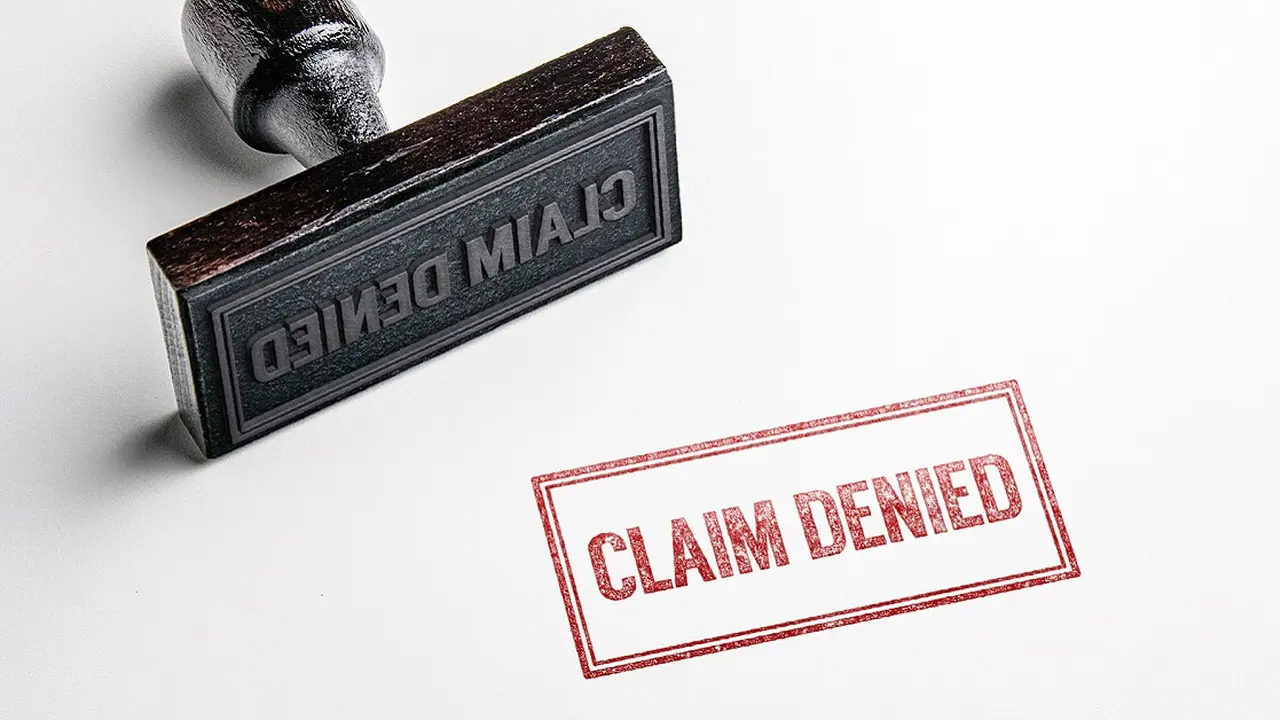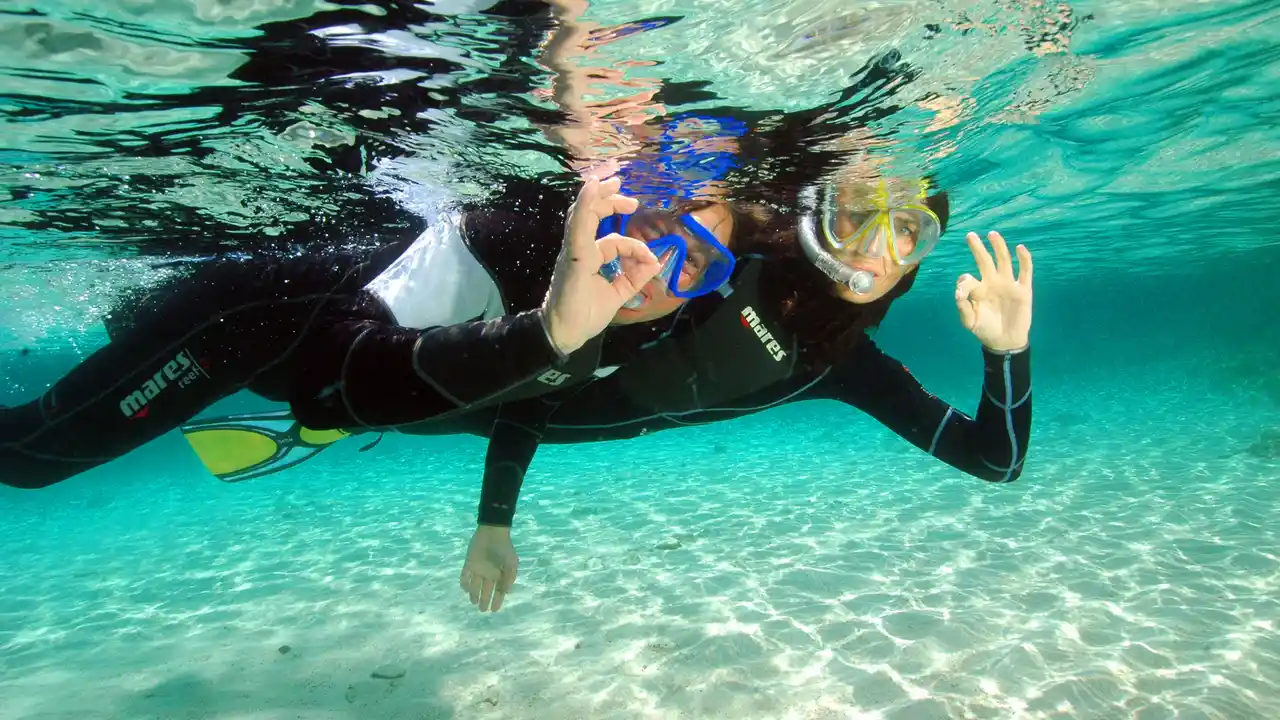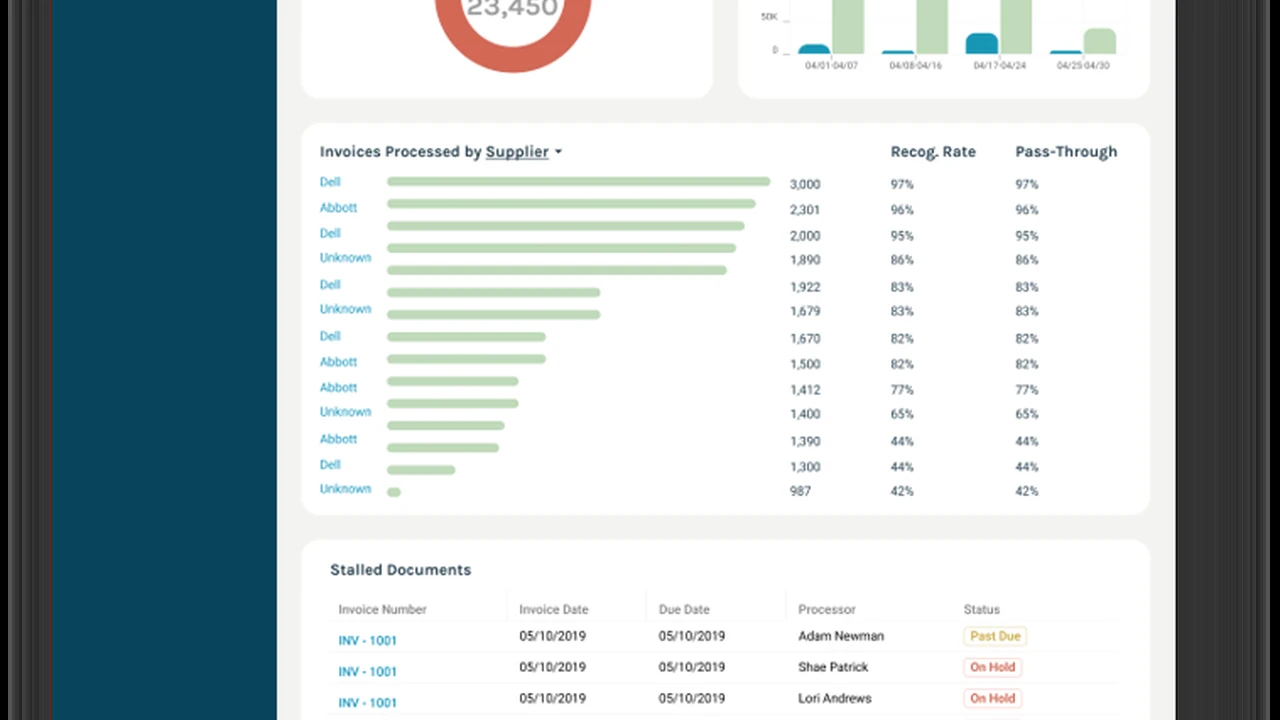Ski Insurance Claim Denied? Here's What to Do

Finding yourself with a denied ski insurance claim? It's frustrating, I get it. You're injured, stressed, and now you have to fight for the coverage you thought you had. This article will walk you through the steps to take if your ski insurance claim is rejected. We'll cover everything from understanding the denial reason to gathering evidence and appealing the decision. Get the coverage you deserve and get back on your feet – and hopefully, back on the slopes soon enough.
Understanding Why Your Ski Insurance Claim Was Denied Common Reasons
Okay, first things first, you gotta figure out *why* they said no. Ski insurance companies aren't just trying to be difficult (usually!). There are common reasons claims get denied, and understanding yours is key to fighting it. Here are some of the biggest offenders:
- Exclusions in Your Policy: This is huge. Every policy has exclusions – things they *don't* cover. Maybe you were skiing off-piste (out of bounds) and your policy doesn't cover that. Or maybe you were participating in a freestyle competition, and the policy specifically excludes competitive skiing. Read your policy carefully!
- Pre-Existing Medical Conditions: Did you have a knee injury *before* your trip? Many policies won't cover conditions you already had unless you specifically declared them and paid extra for coverage.
- Lack of Documentation: Did you file the claim properly? Did you provide all the necessary medical reports, police reports (if applicable), and receipts? Missing documents are a quick way to get denied.
- Alcohol or Drug Use: Obvious, but important. If you were under the influence when you were injured, your claim will likely be denied. Insurance companies aren't going to pay out if you were being reckless.
- Late Filing: Most policies have deadlines for filing claims. Miss that deadline, and you're out of luck.
- Policy Lapsed: Make sure your policy was actually in effect *during* your trip. If you forgot to pay your premium, or if the policy expired, you won't be covered.
Step-by-Step Guide to Appealing a Denied Ski Insurance Claim
Alright, now for the action plan. You've got a denied claim, but don't give up yet! Here's how to fight back:
- Review Your Policy (Again!): Seriously, read it cover to cover. Understand the terms, conditions, and exclusions. Highlight anything that supports your claim.
- Request a Written Explanation: If you didn't receive a detailed explanation of the denial, request one in writing from the insurance company. This is crucial for understanding their reasoning and building your appeal.
- Gather Supporting Documentation: This is where you build your case. Collect everything that supports your claim:
- Medical Records: Doctor's reports, hospital bills, physical therapy records – anything that documents your injury and treatment.
- Police Reports: If your accident involved another person or property damage, get a police report.
- Witness Statements: If anyone saw your accident, get written statements from them.
- Photos and Videos: If you have any photos or videos of the accident scene or your injuries, include them.
- Proof of Purchase: Receipts for your ski pass, equipment rentals, and any other expenses related to your trip.
- Original Insurance Policy: A copy of the insurance policy you purchased.
- Write a Formal Appeal Letter: This is your chance to make your case. Be clear, concise, and professional.
- Address the Specific Reason for Denial: Directly address the reason the insurance company gave for denying your claim. Explain why you believe their reasoning is incorrect or does not apply to your situation.
- Present Your Evidence: Clearly present all the supporting documentation you've gathered. Refer to specific documents and explain how they support your claim.
- State Your Desired Outcome: Clearly state what you want the insurance company to do – approve your claim and pay your medical expenses, for example.
- Set a Deadline: Give the insurance company a reasonable deadline to respond to your appeal. 30 days is a good starting point.
- Send Your Appeal Letter Certified Mail: This provides proof that the insurance company received your appeal.
- Follow Up: If you don't hear back from the insurance company by your deadline, follow up with a phone call or email. Be persistent, but polite.
- Consider External Review: If the insurance company denies your appeal, you may have the option of seeking external review. This involves having a third party review your claim and make a decision. The process varies by state, so check with your state's insurance department.
- Consult with a Lawyer: If your claim is for a significant amount of money, or if you're having trouble navigating the appeals process, consider consulting with a lawyer specializing in insurance claims. They can advise you on your legal rights and help you build a stronger case.
Specific Ski Insurance Products and Scenarios: A Comparison
Let's look at some real-world examples. Knowing which policies *tend* to be better and which scenarios they cover can help you understand your own situation and future purchasing decisions.
World Nomads Explorer Plan: For Off-Piste Adventures and Gear Protection
Scenario: You're an experienced skier heading to Jackson Hole for some serious backcountry skiing. You want coverage for medical emergencies, evacuation, and your expensive skis and avalanche gear.
Pros:
- Covers many adventure activities, including off-piste skiing (check the specific policy wording for details).
- Offers high medical expense limits.
- Includes coverage for gear loss or damage.
- Reputable and well-known travel insurance provider.
Cons:
- Can be more expensive than basic travel insurance plans.
- May have specific exclusions for certain high-risk activities.
Pricing: Varies depending on trip length, destination, and age of the traveler, but expect to pay around $100-$200 for a week-long trip.
Allianz Travel Insurance: For Trip Cancellation and Interruption
Scenario: You booked a ski trip to Vail months in advance, but a family emergency forces you to cancel. You want to recoup your non-refundable expenses.
Pros:
- Offers comprehensive trip cancellation and interruption coverage.
- May cover pre-existing medical conditions (check the policy details).
- Provides 24/7 emergency assistance.
Cons:
- May not cover all adventure activities.
- Medical expense limits may be lower than specialized ski insurance plans.
Pricing: Varies depending on trip cost, destination, and coverage level, but expect to pay around 5-10% of your trip cost.
Ripcord Rescue Travel Insurance: For Evacuation and Search & Rescue
Scenario: You get injured in a remote area of the Swiss Alps while skiing. You need immediate evacuation to a hospital.
Pros:
- Specializes in evacuation and search & rescue coverage.
- Offers high coverage limits for these services.
- Provides access to experienced medical and security professionals.
Cons:
- Can be expensive.
- May not cover all medical expenses.
Pricing: Significantly more expensive than standard travel insurance, reflecting the high cost of evacuation services. Expect to pay several hundred dollars for a week-long trip.
Comparing Policies: Key Factors to Consider for Ski Insurance Claim Success
When comparing ski insurance policies, pay close attention to these key factors:
- Coverage Limits: How much will the policy pay for medical expenses, evacuation, and other covered losses? Make sure the limits are high enough to cover potential costs.
- Exclusions: What activities and situations are *not* covered? Be aware of any exclusions that may apply to your trip.
- Deductible: How much will you have to pay out of pocket before the insurance company starts paying? A lower deductible means higher premiums, and vice versa.
- Pre-Existing Conditions: Does the policy cover pre-existing medical conditions? If so, what are the requirements for coverage?
- 24/7 Assistance: Does the policy offer 24/7 emergency assistance? This can be invaluable if you need help while traveling.
- Reviews and Ratings: What do other travelers say about the insurance company? Check online reviews and ratings to get an idea of their customer service and claims handling.
Pro Tip: Document Everything!
Regardless of which insurance policy you choose, the best defense against a denied claim is thorough documentation. Keep copies of all your travel documents, insurance policy, medical records, and receipts. Take photos of any injuries or damage. The more evidence you have, the stronger your case will be if you need to file a claim – and especially if you need to appeal a denial.
:max_bytes(150000):strip_icc()/277019-baked-pork-chops-with-cream-of-mushroom-soup-DDMFS-beauty-4x3-BG-7505-5762b731cf30447d9cbbbbbf387beafa.jpg)






